ABMUS 2019
Reducing the impacts of uncertainty in agent-based models for real-time applications
MINH KIEU, Nicolas Malleson, Alison Heppenstall, Andrew West and Kevin Minors
University of Leeds and Alan Turing Institute
dust.leeds.ac.uk
These slides and abstract: https://urban-analytics.github.io/dust/presentations.html


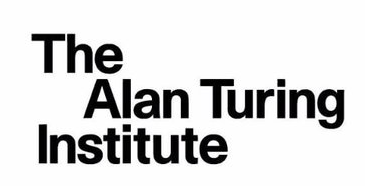
Bus GPS trajectories
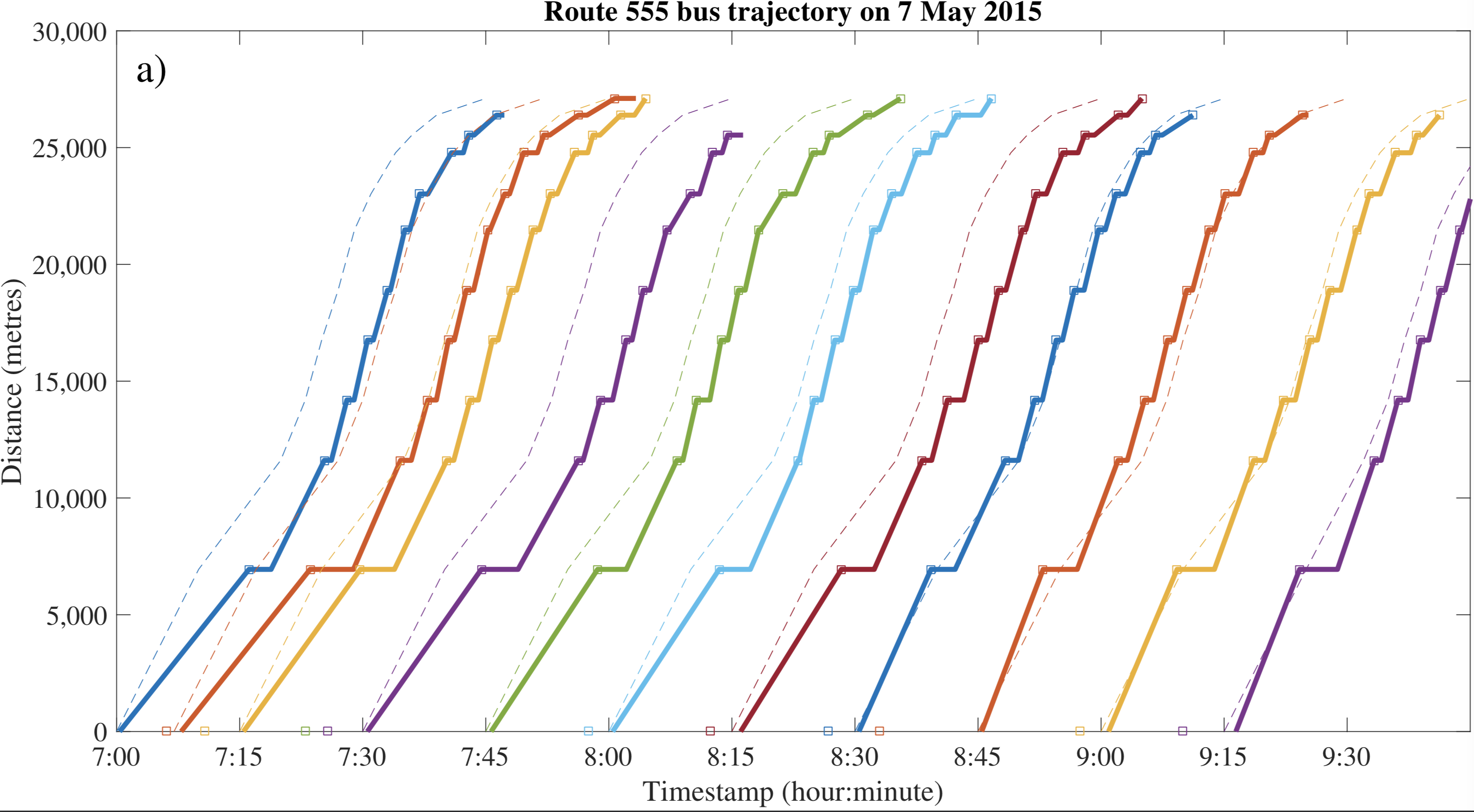
Bus bunching
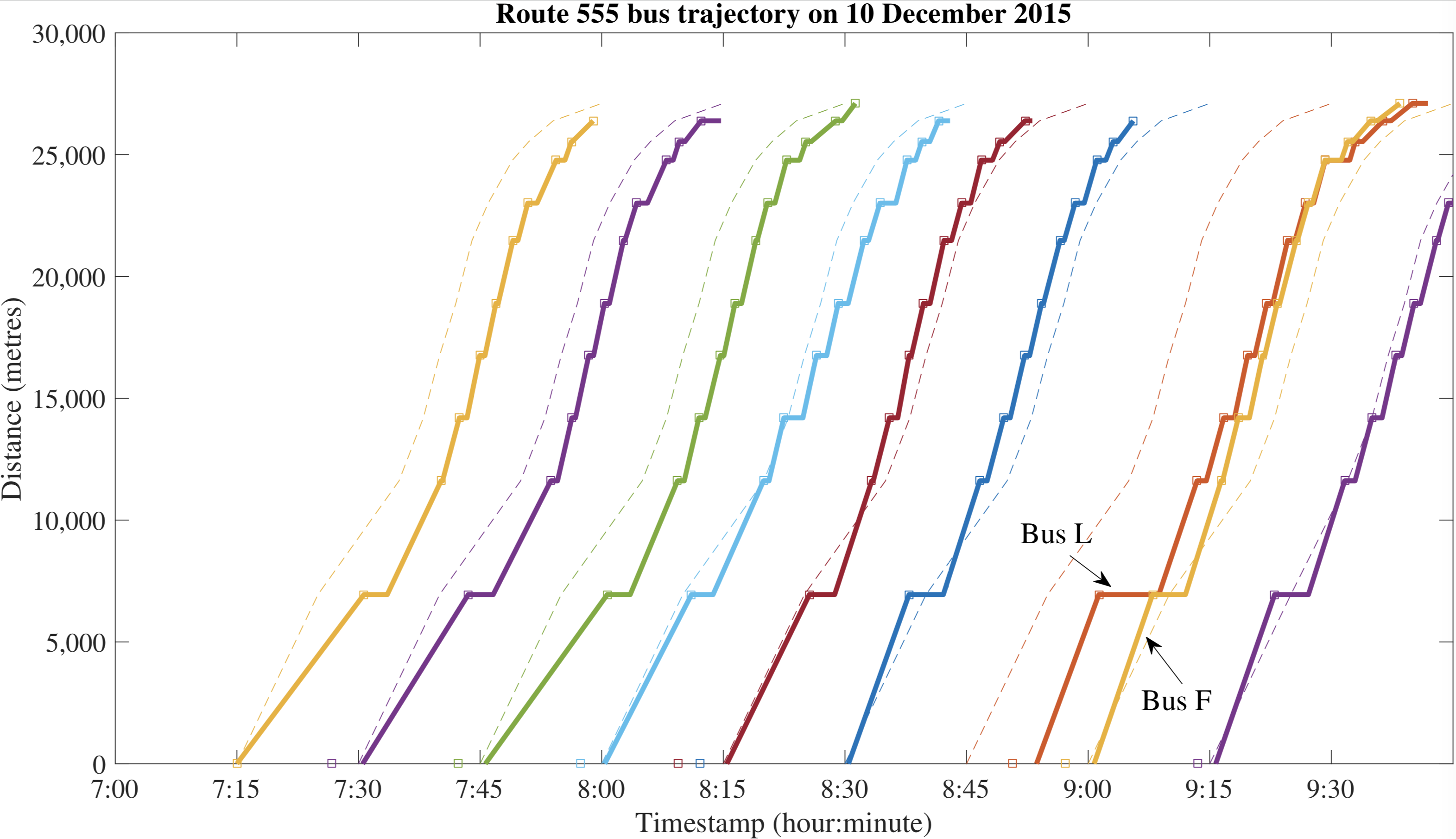
Bus Simulation
BusSim Flowchart
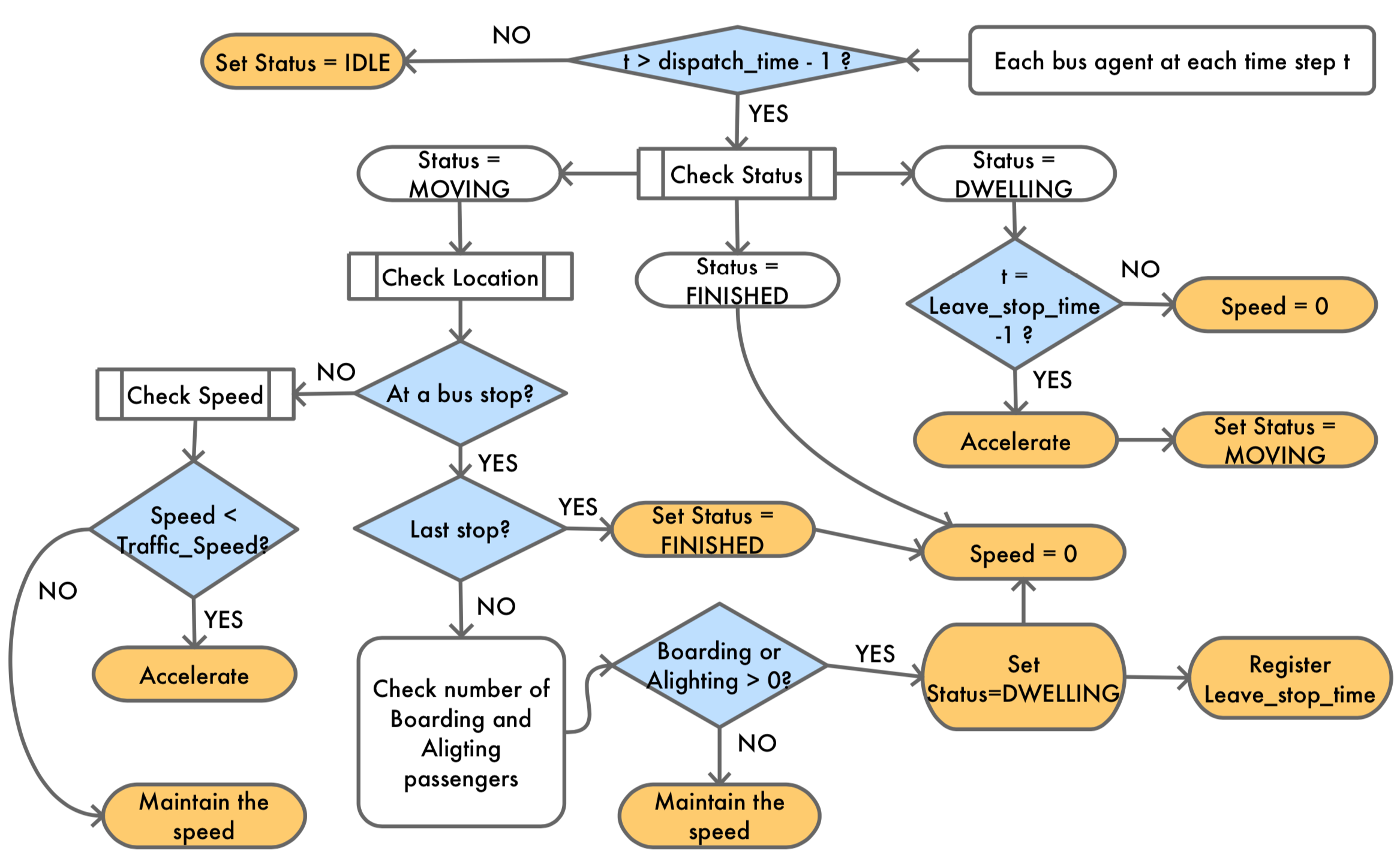
Uncertainty
The reality is dynamic.
The reality is stochastic
There are unobserved variables
There is no systematic mechanism to incorporate new data into agent-based models
Solution: Data Assimilation
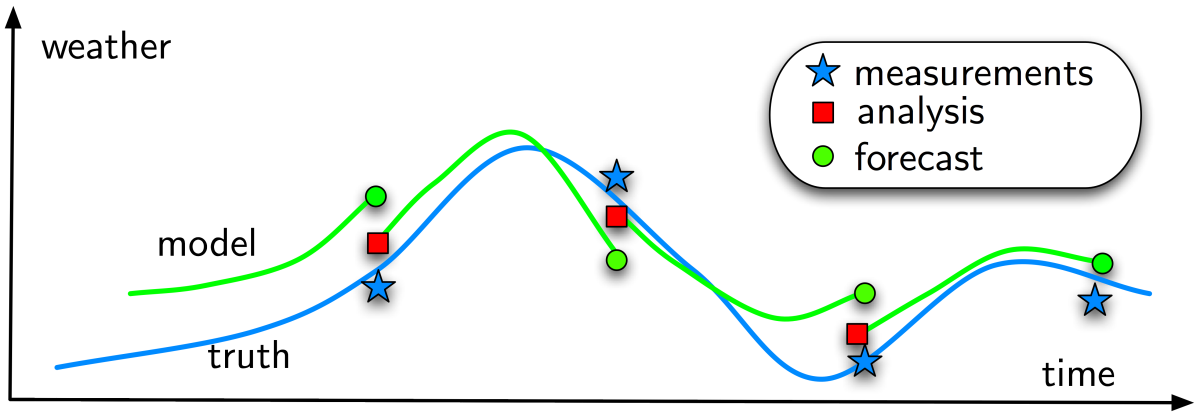
Try to improve estimates of the true system state by combining:
Noisy, real-world observations
Model estimates of the system state
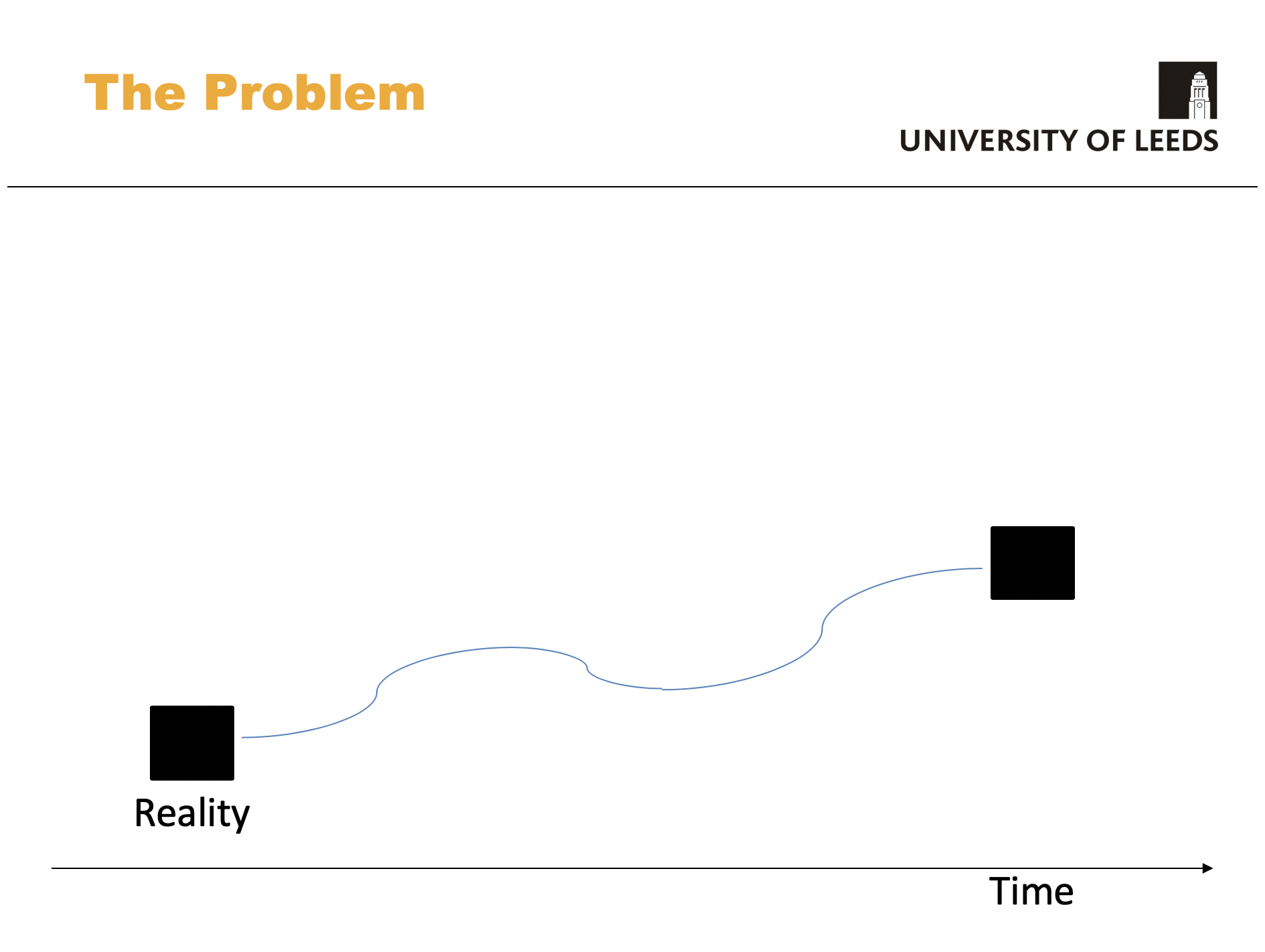
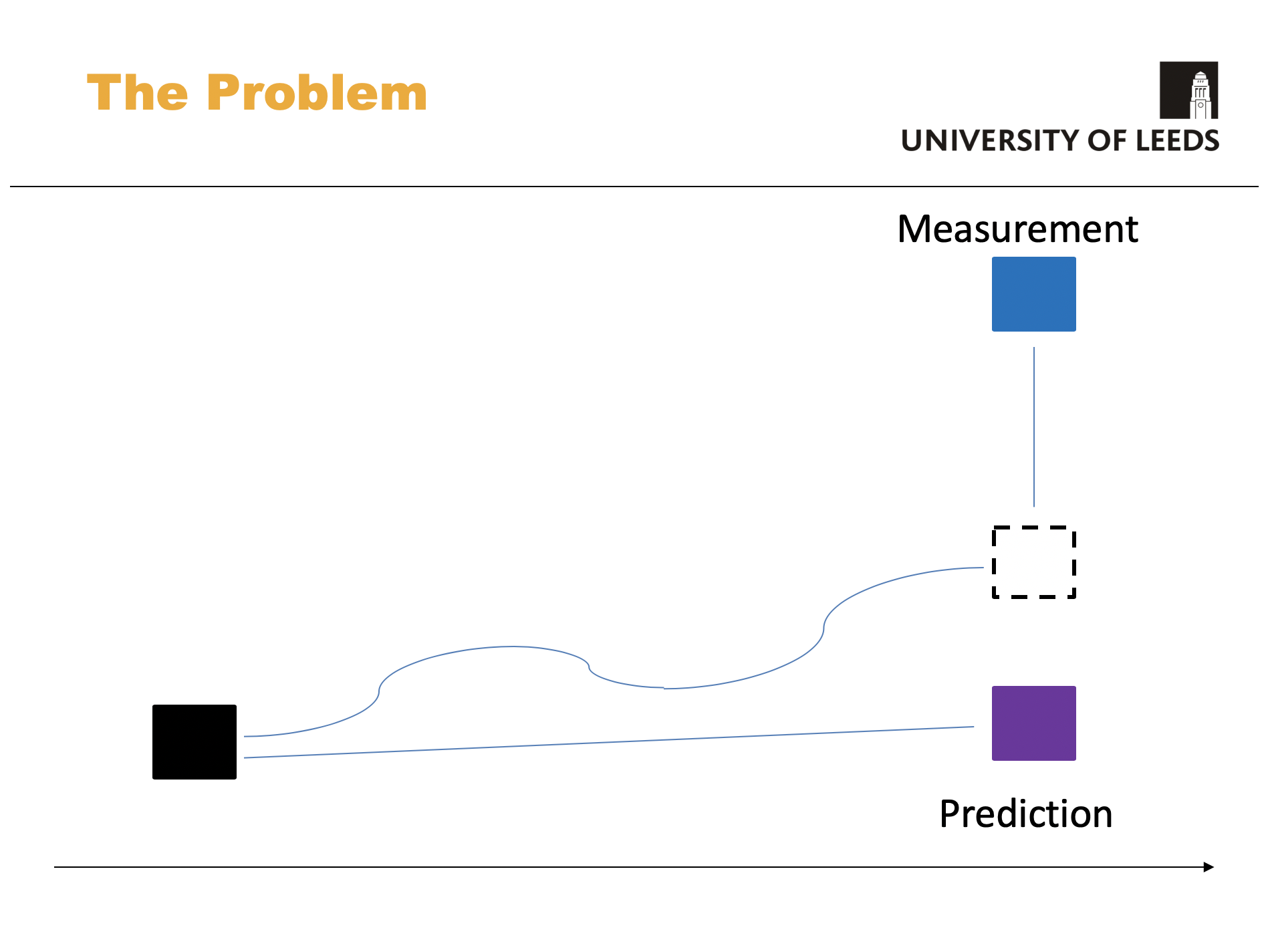
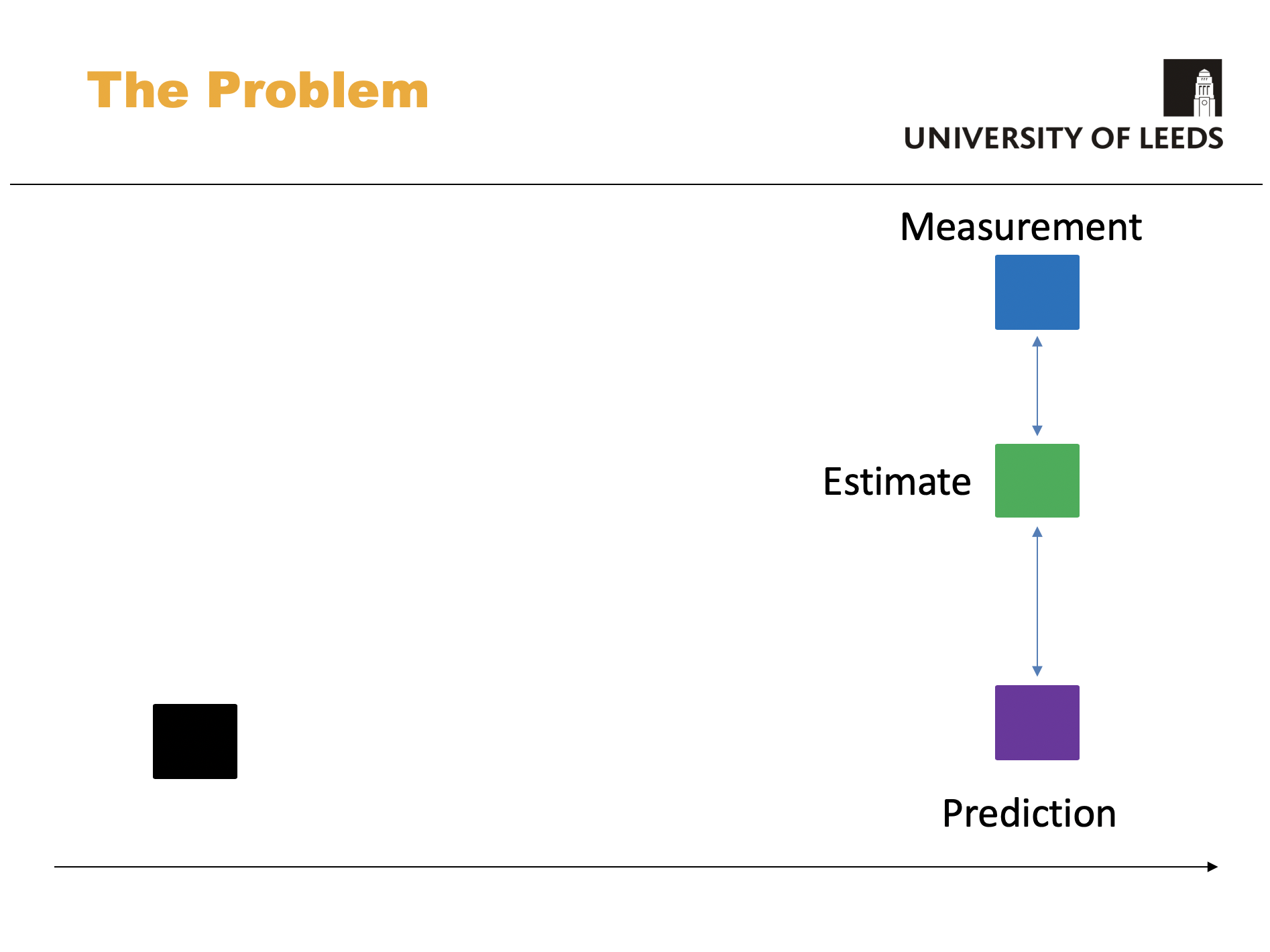
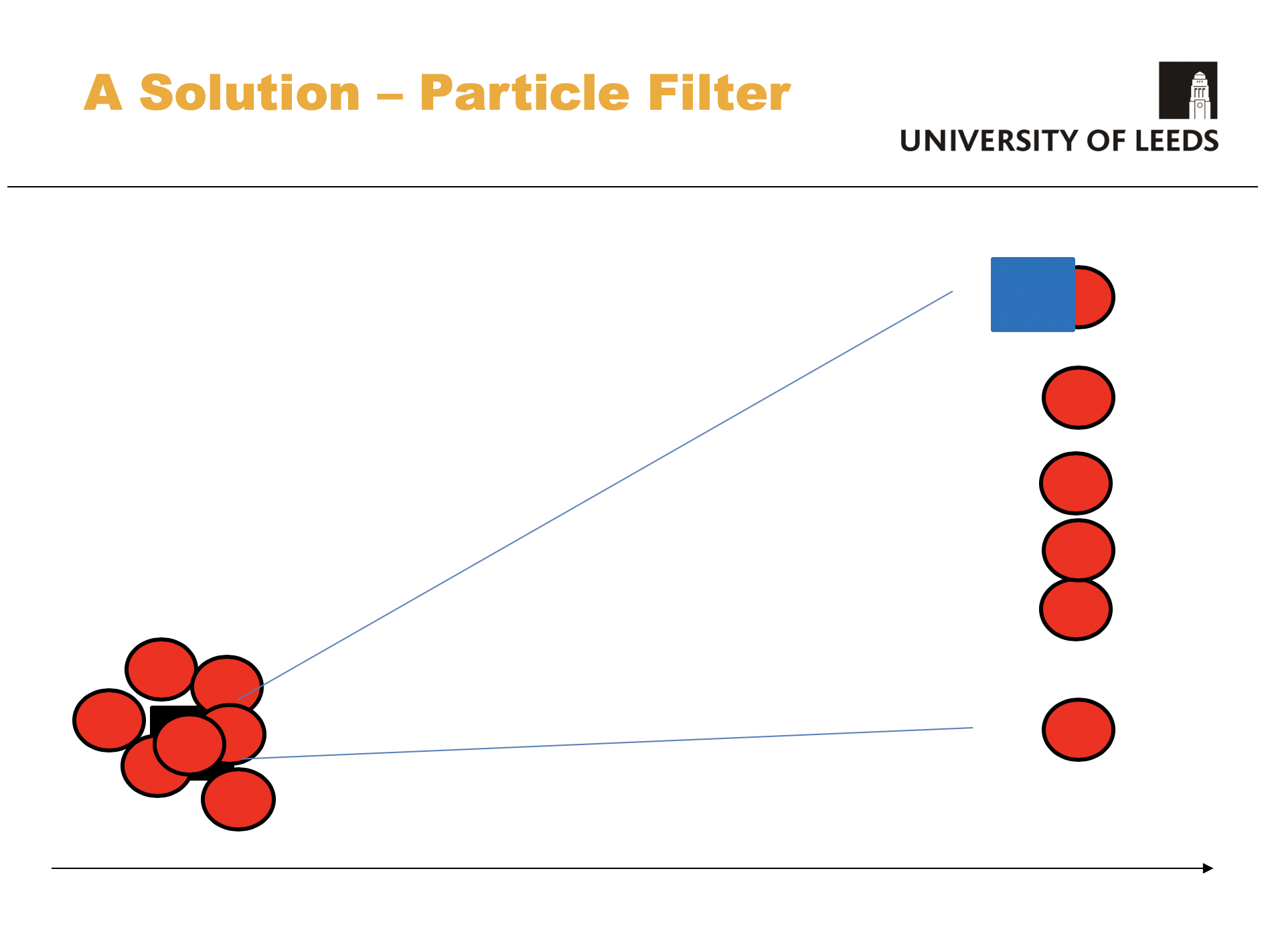
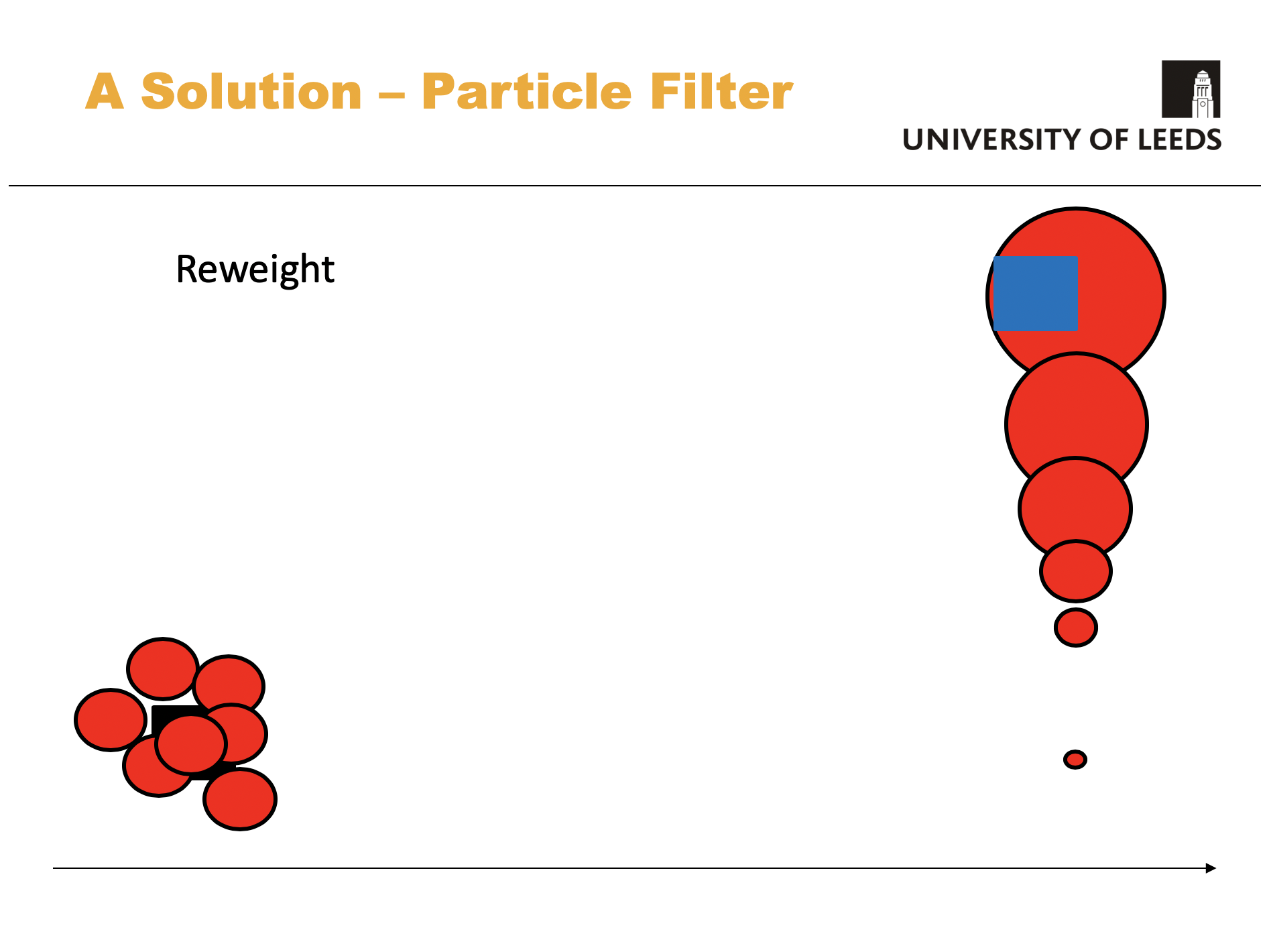
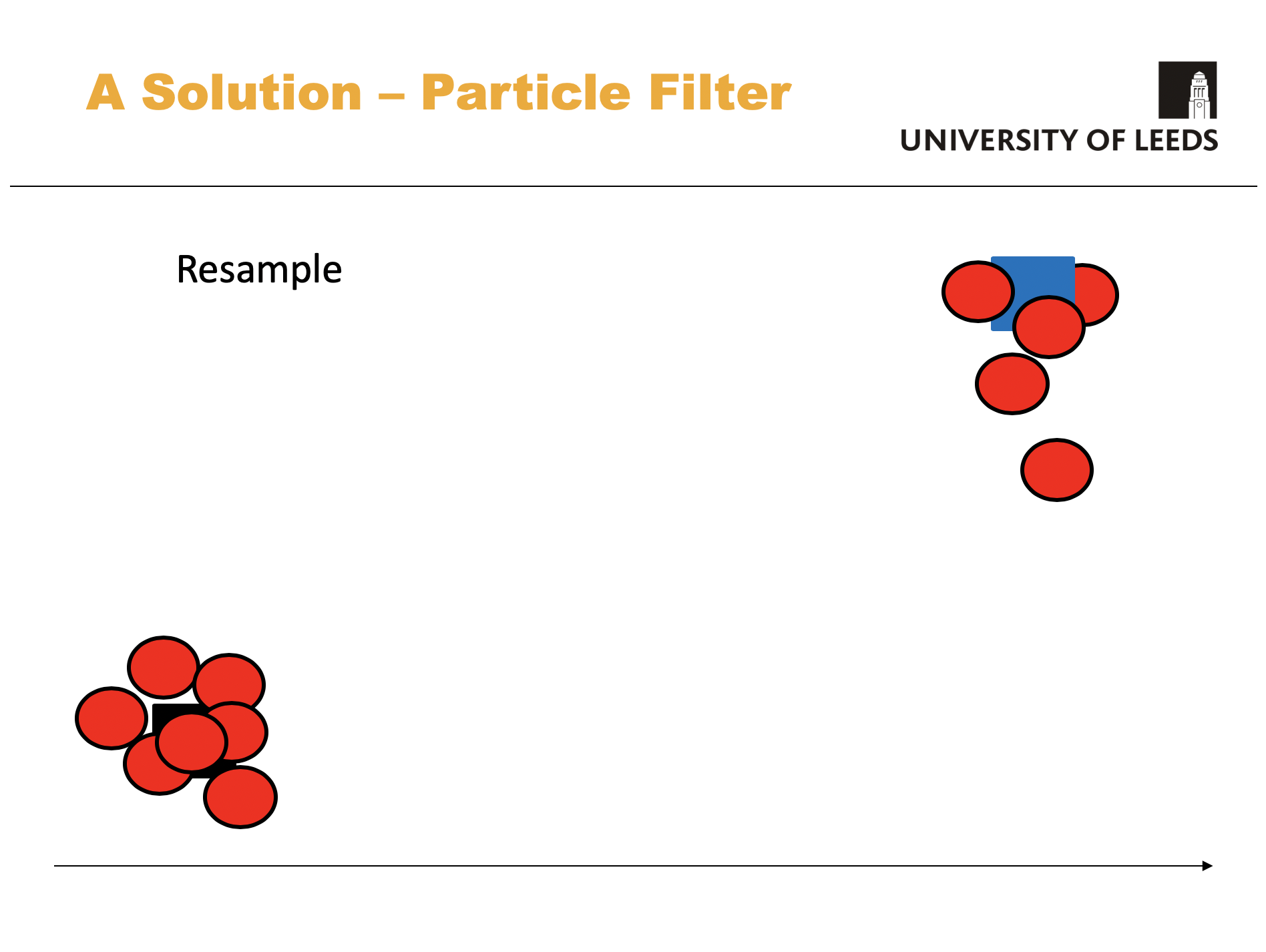
Data Assimilation on Bus Simulation
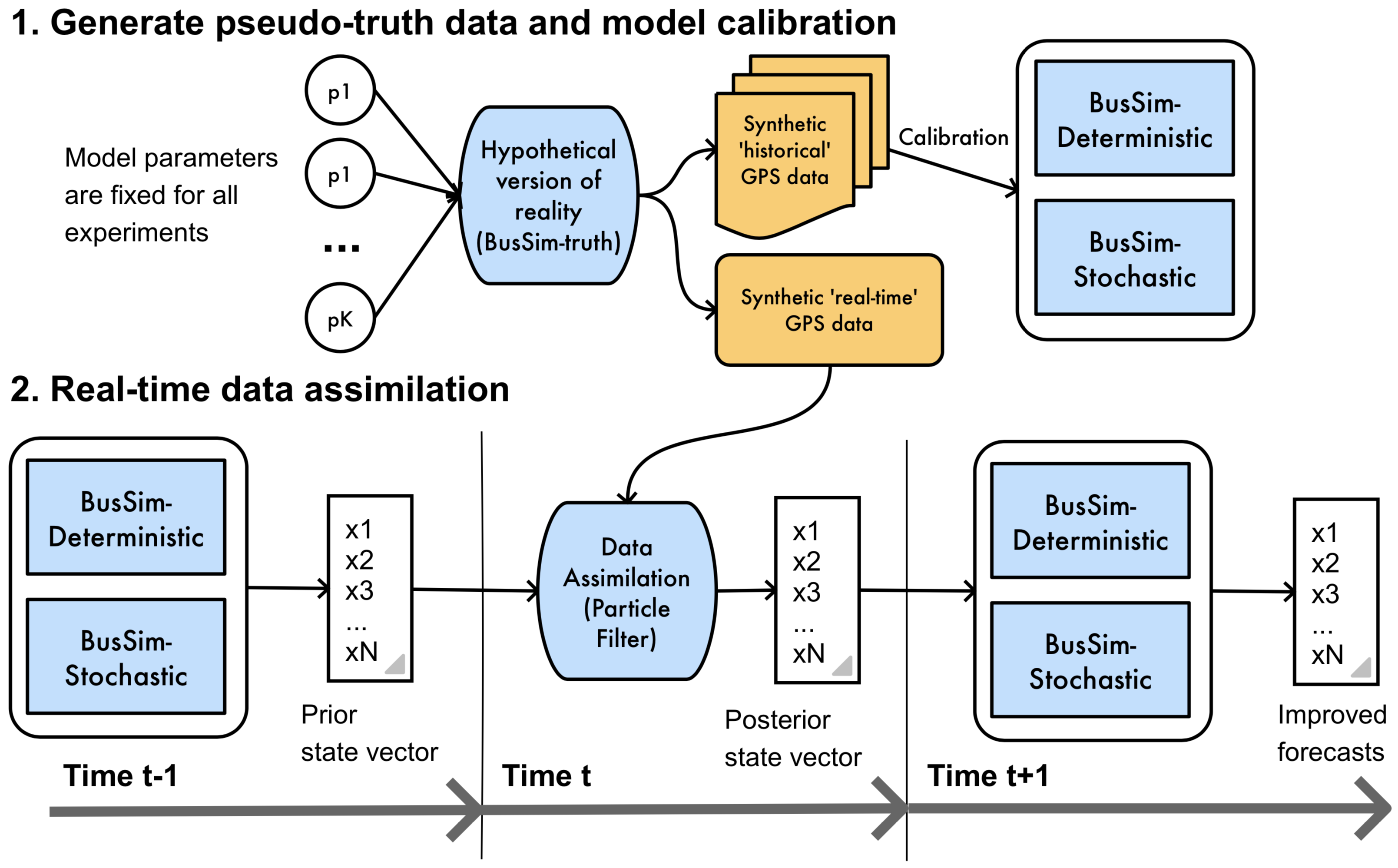
Basecase scenario: No calibration
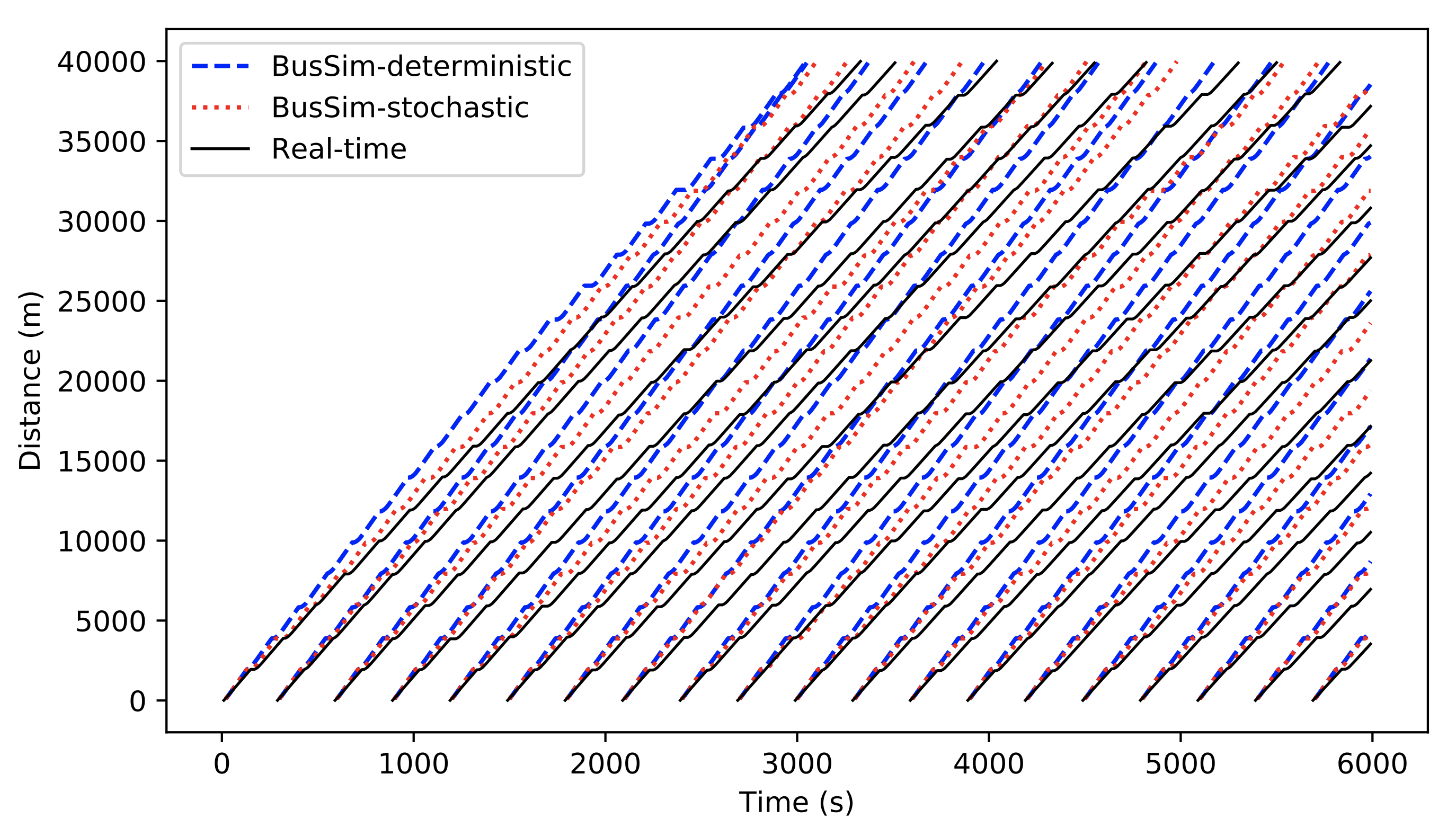
Calibration scenario
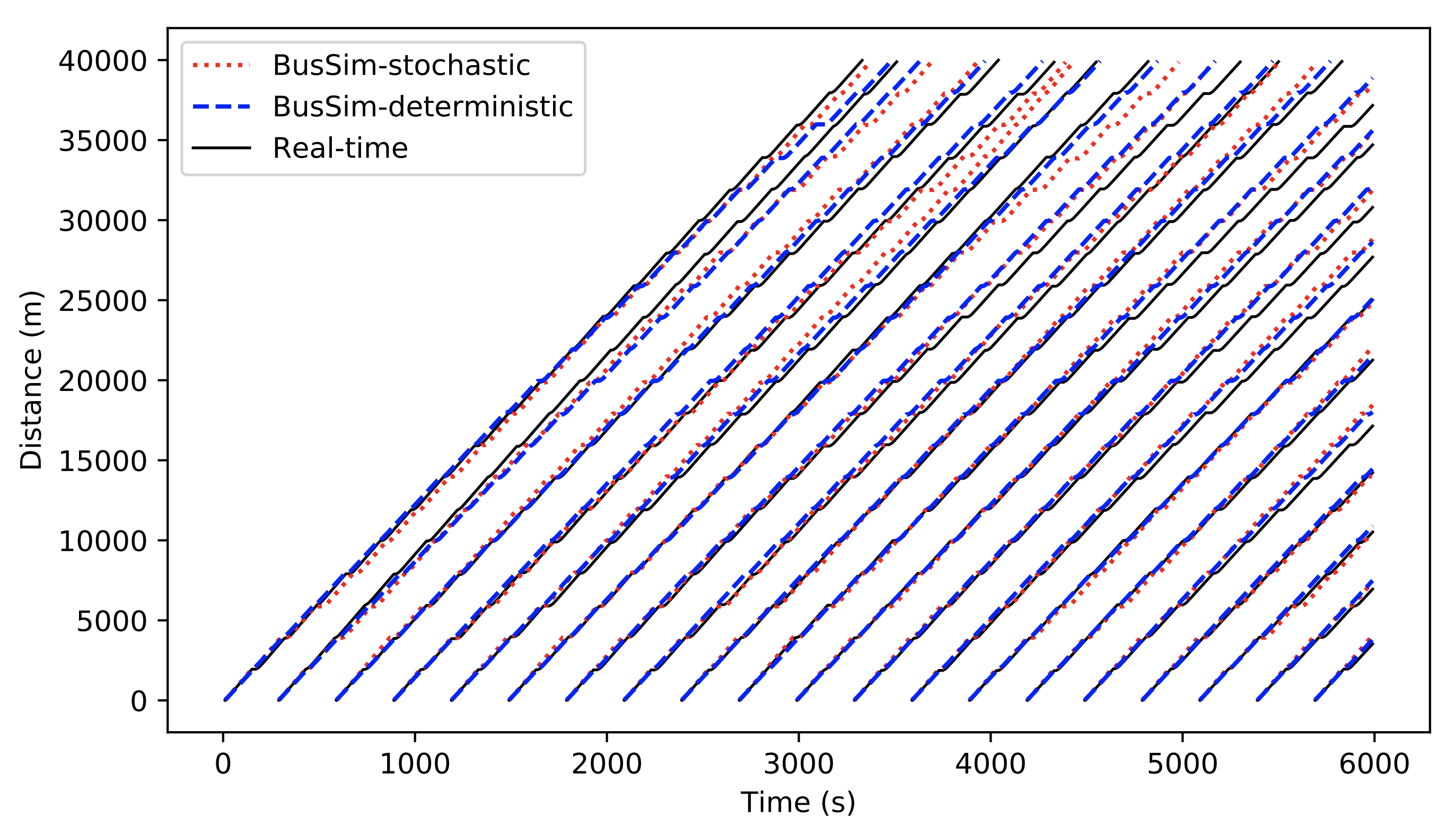
Calibration + Data Assimilation scenario
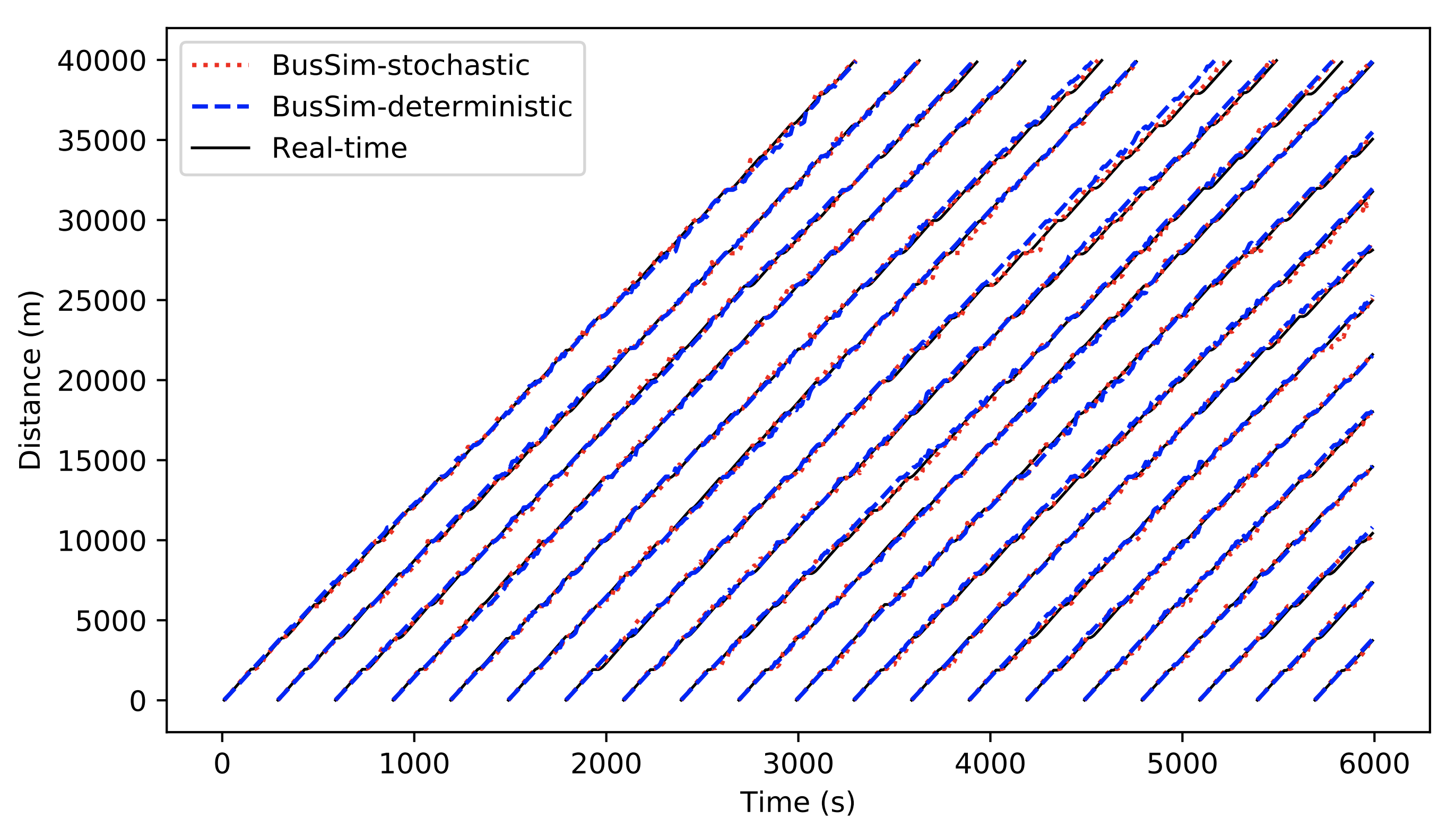
Bus Simulation with a Particle Filter
MatSim Singapore takes 2 days to implement each scenario, even when using a cluster of 4 supercomputers (Anda, 2017)


For more information about what we're doing

Data Assimilation for Agent-Based Models (dust)
Main aim: create new methods for dynamically assimilating data into agent-based models.
Uncertainty in agent-based models for smart city forecasts

Developing methods that can be used to better understand uncertainty in individual-level models of cities
Bringing the Social City to the Smart City
https://alisonheppenstall.co.uk/research/bringing-the-social-city-to-the-smart-city/
